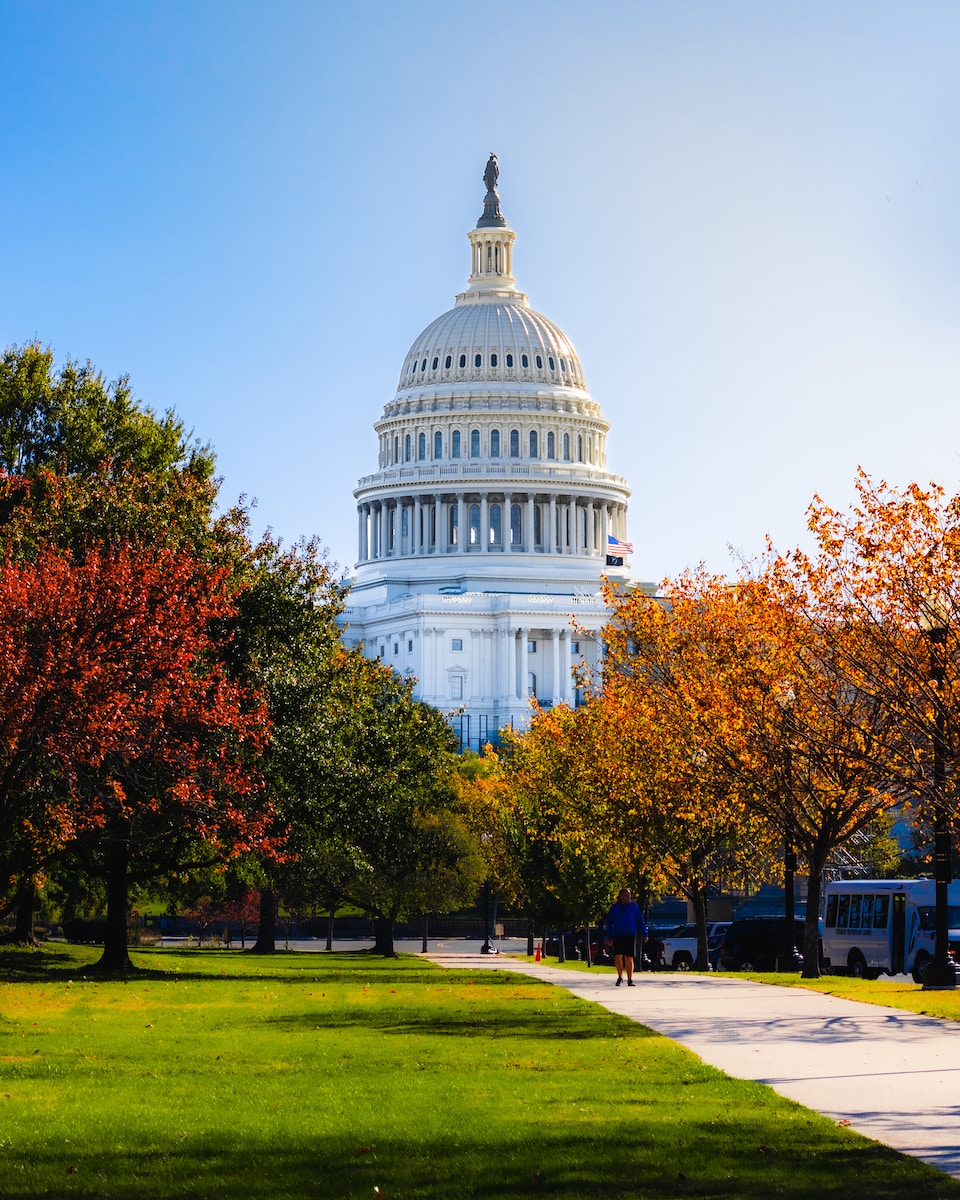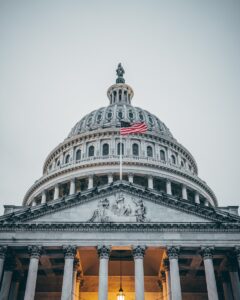FEW Spent 1100,000 USD in 2021 and 40,000 USD in 2022
Federally Employed Women (FEW) is a private non-profit organization that was founded shortly after the passing of executive order 11375, adding sex-discrimination to the list of prohibited practices within the federal government. FEW works to end sex and gender discrimination, encourage diversity and equity in the workplace, and for the advancement and professional growth of women in the federal service. For the sum of 20,000 USD FEW hired the Washington Premier Group (WPG) to lobby on their behalf. WPG was founded by Tonya Saunders in 2014 and has been hired by three clients this year for 55,000 USD. Last year they were similarly hired by three clients for 110,000 USD and represent a wide swath of issues from civil rights to health issues to defense.
On January 27th, 2020 Virginia became the 38th state to ratify the Equal Rights Amendment, making it codified federal law.
Two of the bills being lobbied are H.R. 7, the Payment Fairness Act, and SJ RES 1. H.R. 7 was introduced to the house in late January of 2021 and passed the house in April of last year. In sum, the bill addresses wage discrimination based on sex specifically gender identity, sex characteristics, sexual orientation, and pregnancy. It also restricts an employer’s defense of wage discretion – based on a factor other than gender – to only bona fide position related factors. Additionally, it enhances non-retaliation prohibitions, increases civil penalties for violations of equal pay provisions, and makes it unlawful to require the signature of a waiver or contract prohibiting disclosure of any employee’s wages. In terms of the Department of Labor the bill has the following directives: create a grant program to provide negotiation skills training in terms of compensation and equitable working conditions, conduct studies to eliminate gender based pay disparities, and make information on wage discrimination available to the public. The bill also establishes the National Award for Pay Equity in the Workplace for for an employer that has made substantial progress in reducing gender based pay disparities.
SJ RES 1 is a joint resolution introduced in the senate in January of 2021 that eliminates the ratification deadline of the Equal Rights Amendment (ERA) which prohibits discrimination based on sex. The ERA was introduced in the House of Representatives in March of 1972 and is set to be ratified when three-quarters of the States ratify it.
Women in the Workforce and COVID-19
The COVID-19 pandemic has had a myriad of impacts, including the exacerbation of labor force disparities. Women in the workforce, in particular those of color, have persistently lower wages and fewer work place benefits thatn men. Underinvestment in social programs like child care and paid time off, leave women more vulnerable with little social support to care for their families and careers. In March of 2020 when the pandemic made its way to the United States, many women in the workforce were impacted as forced shutdowns ramapged the country. Children were relegated to learn from home and many women dropped out of the workforce, often facing a greater decline in hours than their male counterparts. There are two main factors that women faced during the height of the pandemic that impacted their employment more than their counterparts. Women have been the primary unpaid caregivers in most societies, and during the pandemic many found themselves having to manage their career and care of either children or the elderly that had lost access to critical care services. The second factor is that women were overrepresented in the industries that experienced the worst job loss like leisure, hospitality, education, and health care. For a more in depth reading and understanding of this phenomena, see the Department of Labor’s publication Bearing the Cost.








